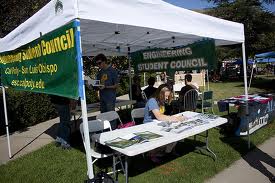The demands of the knowledge society and information have challenged the traditional thinking that there is an age to learn and another to apply learning. Andragogy is the term most widely accepted for adult education, as covering different ideas for a learning theory for adults. Recall that for hundreds of years, teachers like Plato and Aristotle, challenged his students to grow intellectually and personally through a dialogue which actively confronting their own beliefs and prejudices, but unfortunately, this attitude toward the educational process was disappearing. Today this attitude towards knowledge is being challenged by a new trend with its antecedent in the work conducted in the second decade of the twentieth century by Edward Lindeman, who objected to the substitution vicarious learning performing schools and that prevents primary vision of knowledge and not by secondary students. This vision contributed greatly to Andragogy field development focused education and adult learning. To get a more precise about what this type of education, we make a comparison between Pedagogy and Andragogy: Student Pedagogy Andragogy directs and evaluates the teacher learning. The teacher encourages and breeds confidence in making it.
Student Experience. Teaching methods are didactic. The methods include discussion, problem solving, etc. Willingness to learn. To read more click here: RBH Group. People learn what is expected. People learn what they need to learn. Orientation to learning. The growth is organized by others.
Learning is based on experience. The model of learning in adults is focused on the reality of what education is built not on issues but on situations. Experience is the biggest factor in learning. In conclusion on this issue, education should not have any age limit, since for the elderly this right has a special meaning, is a great opportunity to update and reaffirmation of their potential.

